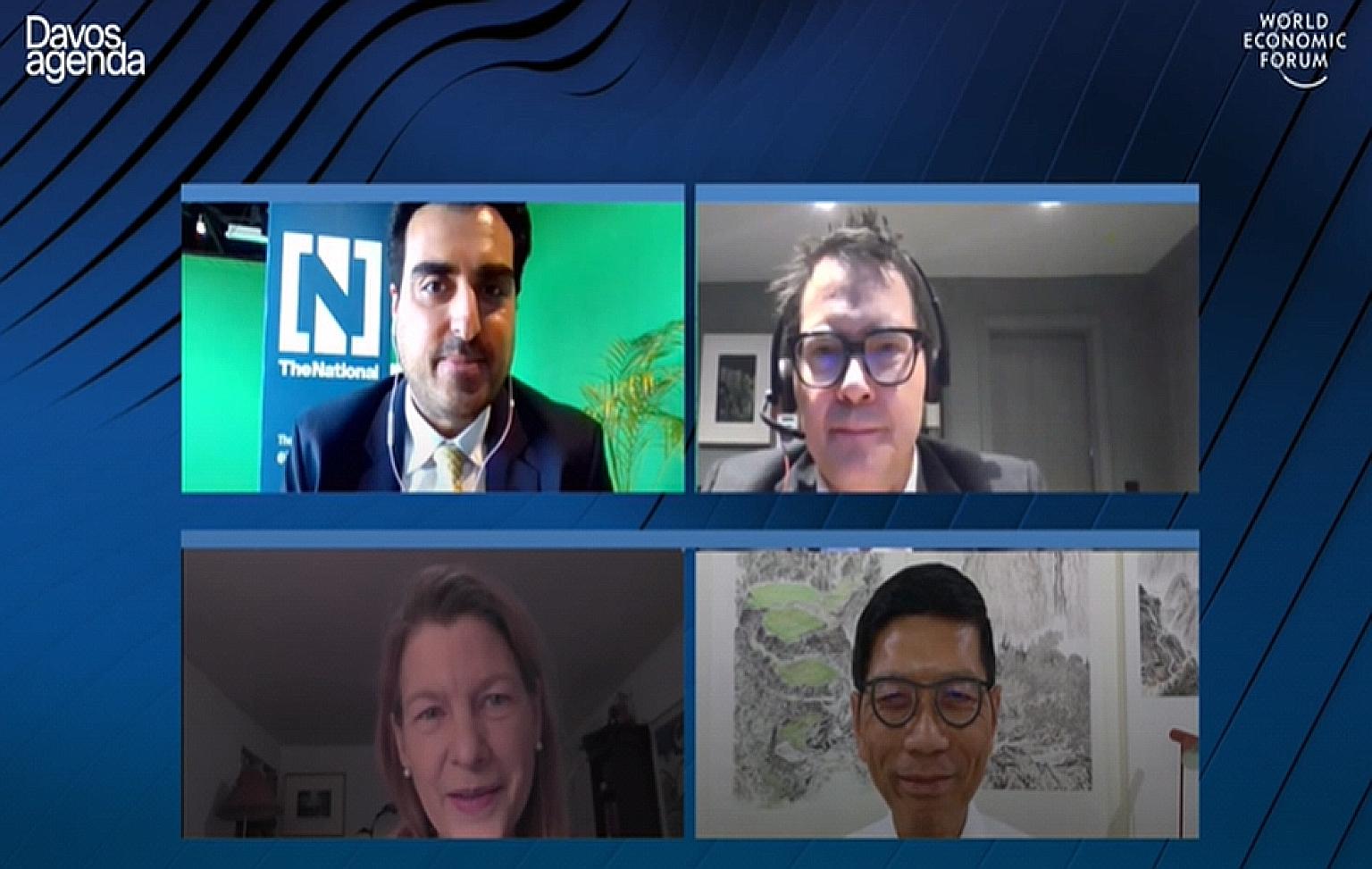Confidence in vaccines will rise as more get inoculated: Expert
Sign up now: Get ST's newsletters delivered to your inbox

Singapore's chief health scientist Tan Chorh Chuan
Confidence levels in vaccines are expected to rise as more people here get inoculated against Covid-19, said Singapore's chief health scientist Tan Chorh Chuan yesterday.
"There will be rising confidence amongst society and we expect that the take-up rates will then start to increase quite sharply," he told a panel on boosting vaccine confidence at The Davos Agenda, a series of virtual sessions organised by the World Economic Forum.
This view, said Professor Tan, accords with an observation made by his fellow panellist, Mr Ben Page, chief executive of market research company Ipsos Mori.
Mr Page noted that Ipsos' global trends survey found a decline in vaccine confidence last year as teams from all over the world rushed to produce vaccines.
But since last December, when countries began rolling out vaccination programmes, there have been considerable rises in the proportion of people who said they are willing to take the Covid-19 vaccine.
"We're certainly not clear of trouble... (but) there are some positive signs," said Mr Page.
Still, trust remains a problem, he added, and there are also massive differences in confidence levels across nations and regions, with countries such as France and Russia reporting much lower levels of confidence in vaccines than Britain, Brazil and China, for instance.
Moderator Mustafa Alrawi, assistant editor-in-chief of Abu Dhabi newspaper The National, asked Prof Tan if Singapore's success in keeping Covid-19 under control has dampened people's enthusiasm for getting vaccinated.
To this, Prof Tan said Singapore has a "healthy paranoia" that prevents the country from being complacent about Covid-19.
"Having said that, I think it is true that the well-controlled situation here can contribute to vaccine hesitancy," he added, noting that there are people here who are worried about the safety of new vaccines. Singapore, just like other countries, is also exposed to fake news and misinformation about the vaccines, he noted.
Still, this has not posed a significant obstacle to the roll-out of the vaccine, and the Government has started a very extensive public engagement programme to spread more awareness, on top of ensuring it is convenient for people to get vaccinated, said Prof Tan.
He also noted that there are indications that trust levels in public health authorities and the government may be higher among East Asian countries, and this is somewhat correlated with the ability of societies to respond to the pandemic. How countries have responded to Covid-19 may also reflect how cohesive or polarised societies are prior to the pandemic, to some extent.
Professor Heidi Larson from the London School of Hygiene and Tropical Medicine, who leads research group Vaccine Confidence Project, said it is concerning that many people now do not trust by default, which has led to more uncertainty in the context of Covid-19.
The line between misinformation and fact is also often not clearly drawn, and there is a substantial amount of ambiguous information on the vaccines out there. Bad actors are then making use of this ambiguity to sow doubt in people, said Prof Larson, and more work needs to be done to engage those who are concerned about the vaccines.
"We have been focusing, as a public health community, too comfortably on the base, and not taking the questioners seriously enough. Too many of them are slipping to the opposition, because the opposition is listening and endorsing their concerns... We haven't done enough in the middle, and that's where we need to move."
Prof Tan said he agreed with Prof Larson's points, which is why many different channels are needed in Singapore to reach out to people, and understand and address their concerns.


